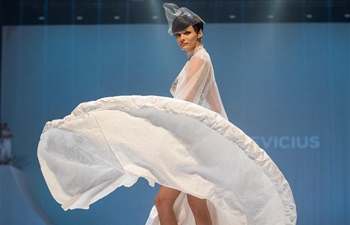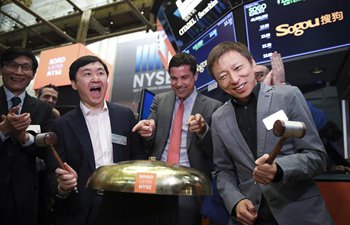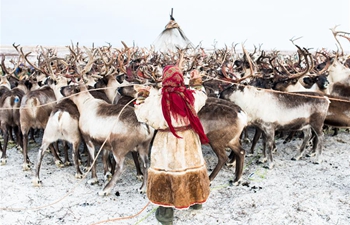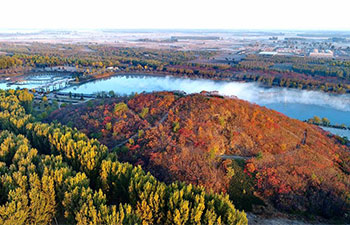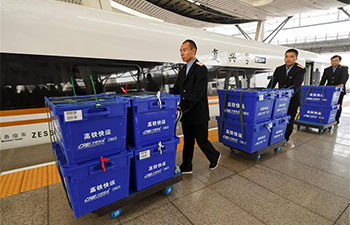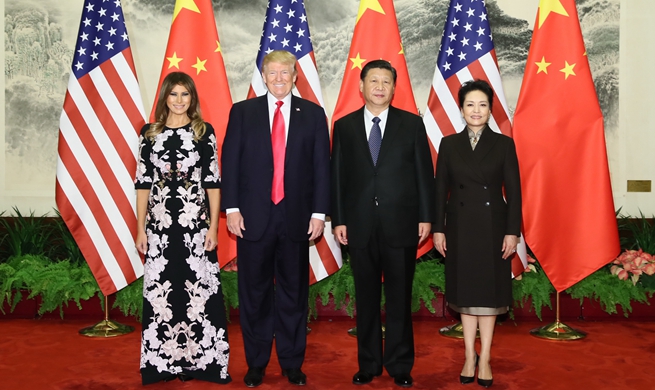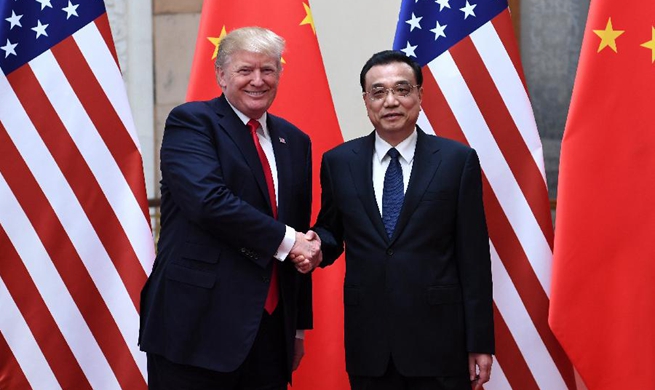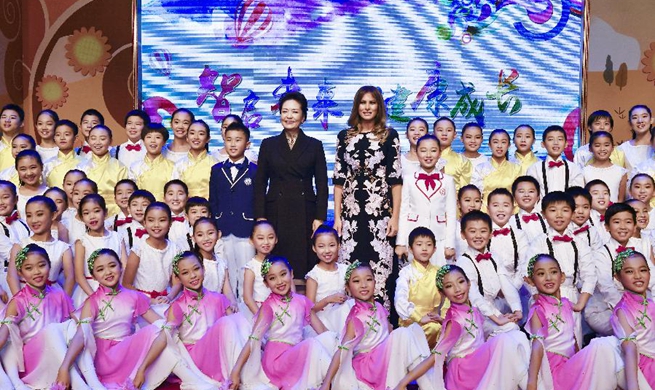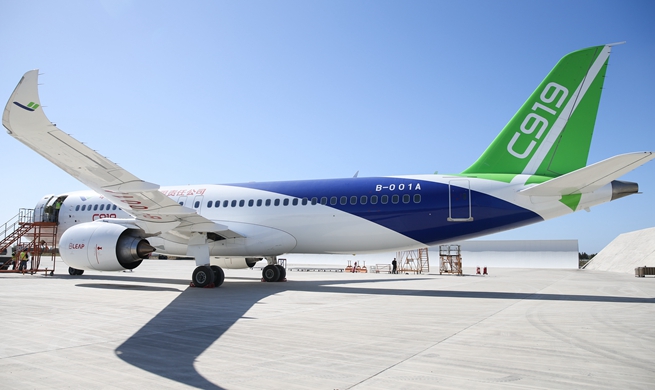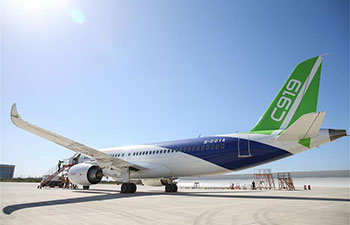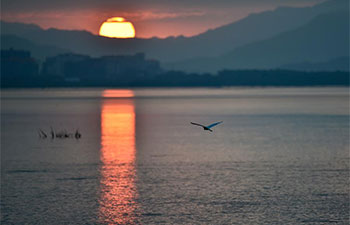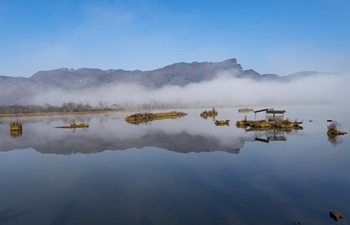HAVANA, Nov. 9 (Xinhua) -- New measures limiting U.S. travel and trade with Cuba that took effect Thursday have led to a new setback in bilateral relations since U.S. President Donald Trump took office in January, a Cuban political analyst said Thursday.
The new regulations stiffen the sanctions imposed by Washington five decades ago as part of the trade embargo, which Cubans call a blockade, said Rafael Hernandez, an expert on Cuba-U.S. relations, in an interview with Xinhua.
"These measures intensify the blockade that was already a significant barrier for U.S. companies wanting to invest in Cuba," said Hernandez, adding that "they add to already existing complications."
Washington's measures bar U.S. companies from having commercial exchanges with 179 Cuban holdings and firms with links to armed forces, security or intelligence agencies.
The move, which aims to roll back the thaw in bilateral relations spearheaded by Trump's predecessor, has wide-ranging implications.
U.S. citizens, for example, will be prohibited from staying at any of 83 state-owned hotels operated by the Gaviota tourism group, which is part of the military's giant holding company, GAESA.
The ban places dozens of other businesses and some products, such as soft drinks and rum, beyond the reach of American consumers.
The Mariel Special Development Zone, the Cuban government's flagship project to attract foreign investment, is also affected by the regulations.
The Trump administration announced the rollback in Cuba policy in mid-June, but "we now know exactly which companies U.S. firms or citizens can't have any kind of commercial relationship with," said Hernandez.
"We now know the limits of that relationship and its real intentions," he added, saying the blacklist aims to both scale back barely renewed commercial ties between the two countries, and to "empower" Cuba's emerging private sector.
The measures also bar individual travel by U.S. citizens to the island under the 12 categories of "people-to-people" exchange the Obama administration established in 2016, as a way to get around the embargo, which prohibits Americans from freely traveling to Cuba as tourists. The Treasury Department additionally imposed conditions on educational and academic trips.
Earlier, the U.S. State Department issued a travel warning in September, urging Americans not to visit Cuba due to alleged sonic attacks against U.S. diplomatic personnel there.
"The warning ... coupled with these regulations are very damaging to the Cuban economy. They are already considerably impairing group visits," said Hernandez.
"The inhibitory effect is not that we will revert to 2015, when there was no individual travel (allowed), but rather that the new regulations along with the travel warning may scare off Americans to come to Cuba," he added.
However, Washington allows trips to the Caribbean nation to "support civil society in Cuba," or "promote the Cuban people's independence from Cuban authorities."
Havana claims the initiative is politically motivated to subvert the government and promote regime change.
Last year, some 285,000 Americans visited Cuba and that number is expected to surpass 400,000 this year, according to official statistics.




